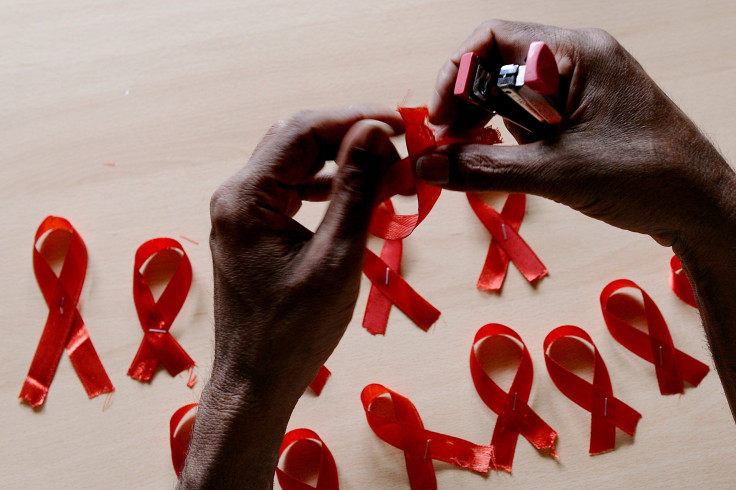HIV Prevention Pill ‘As Safe’ As Taking Daily Aspirin, Study Finds

Research recently published by Oxford University Press finds that taking Truvada — a drug used to prevent HIV —doesn’t pose a greater health risk than taking a daily aspirin to prevent heart attacks. Truvada is used as pre-exposure prophylaxis (PrEP) , which refers to a regimen where an antiretroviral drug is taken to reduce the risk of an HIV infection.
In the study , authors compared the results of five major Truvada studies and two studies on aspirin. Side effects for aspirin included easy bruising, bleeding, vomiting, dizziness, and unexplained tiredness. Truvada caused side effects like nausea, stomach-area pain, and serious liver problems. Jeffrey Klausner, professor of medicine and public health at the University of California, Los Angeles, and lead author of the study, told Buzzfeed both Truvada and aspirin affect different organs, but after taking a closer look at the data, “it really looked like I could say Truvada compared favorably, in terms of its safety profile, to aspirin.”
In Klausner's analysis, the rare and more adverse side effects of Truvada were kidney problems and a small decrease in bone mineral density. However, according to his research, both of those effects subsided once the medication was stopped.
Aspirin has been marketed since the late 1800s and is usually used to treat pain and inflammation. In low doses, it can be taken daily to help prevent heart attacks. In either case, it is seen as an everyday drug without much risk. Truvada, on the other hand, comes with implications of risky behaviors. Klausner told Buzzfeed that he often hears health care providers say that the drug isn’t safe, and “‘Wouldn’t it just be better if people used condoms, or reduced their number of partners?’ Those are important strategies, but they don’t work for everyone,” Klausner said.
Many providers aren't even aware of the drug to begin with. The Centers for Disease Control and Prevention believes that if more health care providers knew about the drug and how to prescribe it, a greater number of HIV infections could be prevented.
Truvada is recommended for HIV-negative men who have sex with other men and who are at high risk of getting infected with HIV. It’s also prescribed for male-female sex partners where one person has HIV, but the other person doesn’t.
Of course, aspirin is a much older drug and has been tested in larger sample sizes, so what safety concerns exist are well known and documented. Klausner hopes that the public and health care profession will reach a similar understand of Truvada at some point—and that steps will be taken to make it the “same price as aspirin,” he told Buzzfeed.
Approximately one-fifth of adults in the United States take aspirin daily or every other day. And while the number of Truvada users has increased in recent years, many people who can benefit from the drug are still not using it.
Source: Kojima1 N, and Klausner J. Is Emtricitabine-Tenofovir Disoproxil Fumarate Pre-Exposure Prophylaxis for the Prevention of HIV Infection Safer than Aspirin? Oxford University Press. 2015.



























